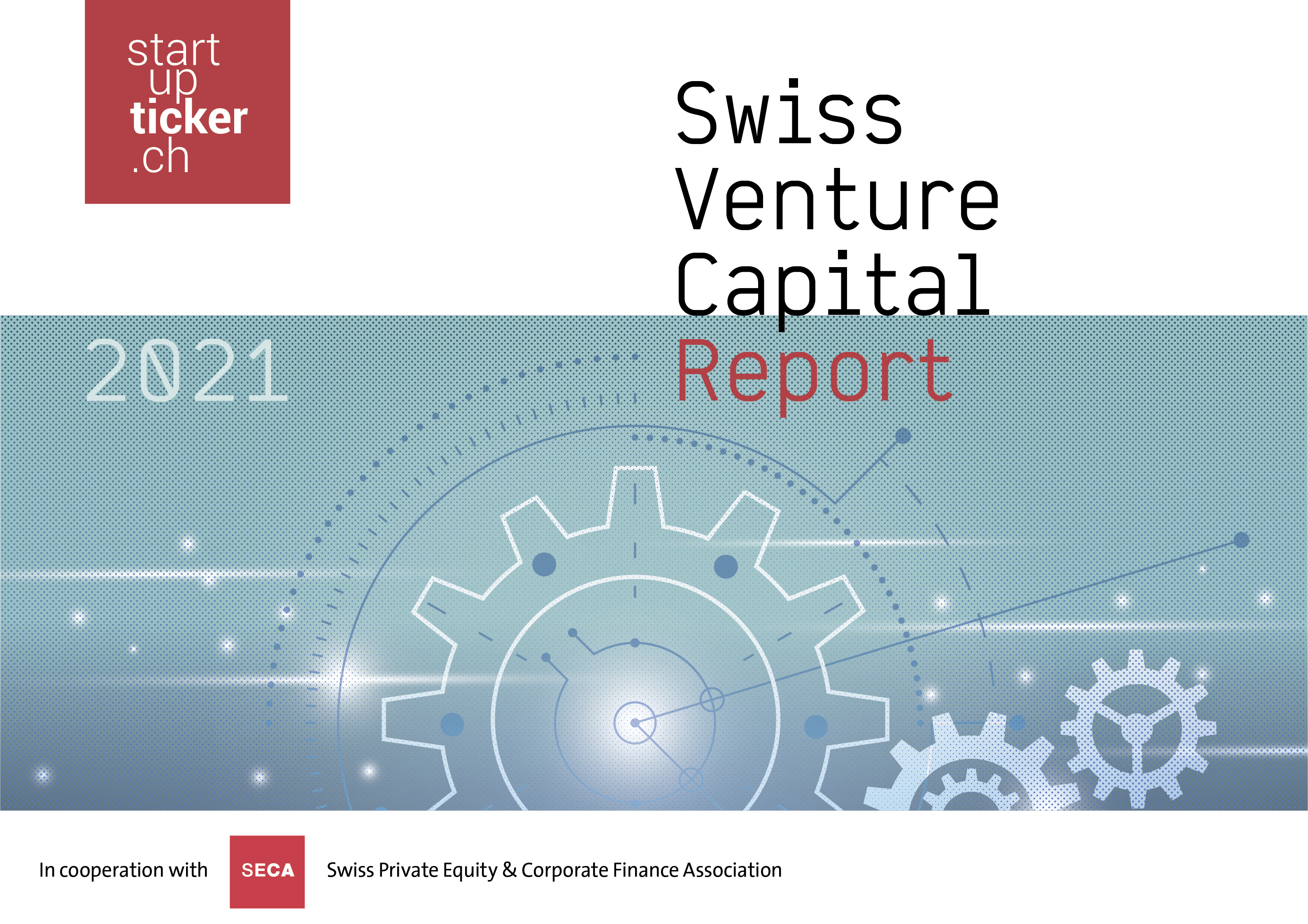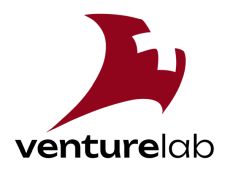
FIT is announcing support for three new start-ups: two Tech Seed loans worth CHF 100,000 each to Arkaiya for its innovative nutrition system, and to Hyswiss for its novel system for growing leafy vegetables; and a CHF 50,000 Digital Seed loan to WasteFlow for its intelligent platform to improve waste recycling.
Arkaiya: improving children's microbiome via an innovative nutrition system
Over the last ten years, research into the microbiome has exploded because of its links with numerous diseases. The development of the microbiome, which takes place early in life, plays an essential role in the development of the immune system. In adults, this microbiome comprises around 90% bacteria, 0.1% yeasts and 10% archaea.
Neglected by research, archaea are the ‘guardians’ of the intestinal microbiome, maintaining beneficial bacteria while stopping pathogens. When they are present from the start of an individual's life, via breastfeeding in particular, they induce an anti-inflammatory environment and help build the mucosal barrier that protects against infection. On the contrary, archaea deficiency early in life, in non-breastfed children, is an emerging health risk that potentially affects one in five infants (40% of infants suffer from colic, asthma and allergies).
Arkaiya has developed an innovative nutrition system that can diagnose and treat this archaea deficiency using postbiotics, especially during the first four years of life of non-breastfed children. The solution developed by Arkaiya is based on several pillars: companion diagnostics, functional ingredients for food, food supplements and a therapeutic pipeline.
With the CHF 100,000 Tech Seed loan from FIT, Arkaiya will cover the production costs of the archaea, additional analytical expenses and project management costs.
Hyswiss: rethinking the way leafy vegetables are grown with TECHPONICS
Growing leafy vegetables faces considerable challenges: crop contamination, increasing regulatory pressures, unpredictable weather conditions and a shortage of skilled labour. Although alternative solutions exist, such as high-tech greenhouses or vertical farming, they are complex to manage, require advanced expertise and remain uneconomic on a large scale.
Hyswiss decided to rethink salad production by creating an innovative and accessible solution: TECHPONICS. Based on an automated and flexible hydroponic system, this system offers an alternative adapted to the needs of the leafy vegetable mass market. It can be installed in any configuration (greenhouses, open fields, etc.), overcoming current production constraints. What this means is improved yields, reduced labour costs and lower investment costs.
Following the signing of the first customers, the first installations will appear in Europe and Switzerland in the coming months. Hyswiss is now on the way to transforming salad production by providing an automated solution that not only boosts profitability, but also meets today's agricultural challenges.
The support of the Foundation for Innovation and Technology (FIT) has been decisive. Thanks to the CHF 100,000 Tech Seed loan granted to Hyswiss, the company will be able to perfect its system. These improvements will enhance the accuracy of the solution, optimise its operational capacity and improve its overall efficiency.
WasteFlow: revolutionising the recycling process through digitisation
Every year, 2 billion tonnes of municipal waste are generated worldwide, but only 13.5% is recycled. Even the most efficient facilities struggle to exceed a 75% recycling rate, encountering difficulties in accurately sorting recyclable materials. They also face major operational problems, such as blockages and fires caused by hazardous waste, such as that containing lithium.
The main challenge? The lack of visibility of what is actually happening inside the facilities. Without accurate, real-time data, process optimisation remains limited.
WasteFlow has developed an innovative analysis system based on artificial intelligence, which uses digitisation to make up for this lack of visibility. Sensors strategically positioned throughout the sorting process collect data on the nature, mass and hazardousness of the waste. This information is then used to produce advanced analyses of how the facilities are operating.
Results can be accessed via an interactive dashboard that provides real-time information and detailed reports. This data-driven approach enables sorting centres to improve recycling accuracy, reduce disruptions and risks, while optimising their operational costs.
Thanks to the CHF 50,000 Digital Seed loan granted by FIT, WasteFlow will be able to finance the remuneration of the team and cover part of the operating costs associated with the deployment of its system.
(PR)


 The new Swiss Venture Capital Report was published on 26 January. It analyses 304 financing rounds closed in 2020 and includes further article such as an interview with Michael Hengartner, President of the ETH Board, and a list of Swiss "soonicorns".
The new Swiss Venture Capital Report was published on 26 January. It analyses 304 financing rounds closed in 2020 and includes further article such as an interview with Michael Hengartner, President of the ETH Board, and a list of Swiss "soonicorns". 




















































Please login or sign up to comment.
Commenting guidelines